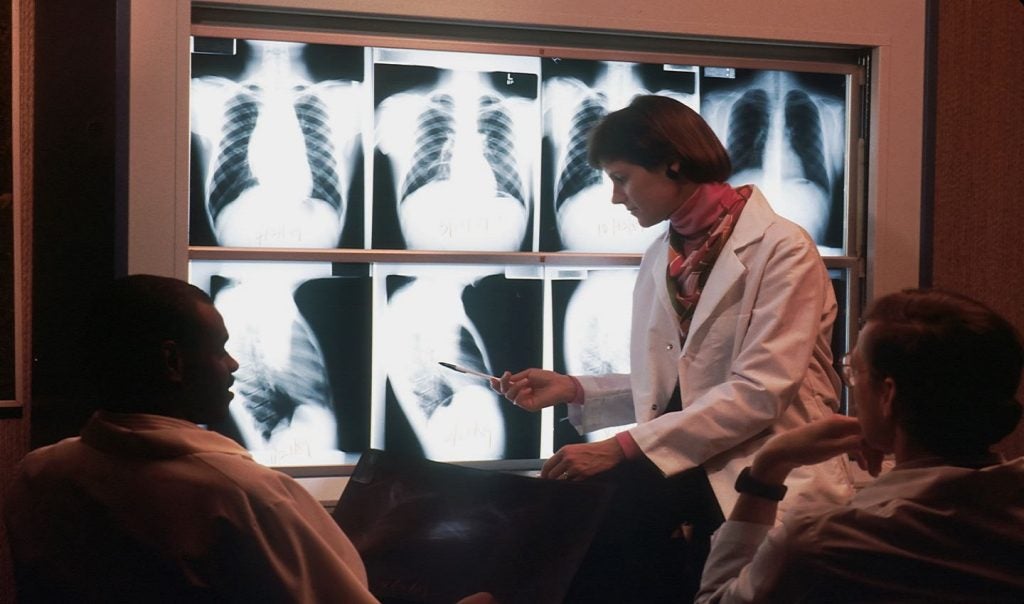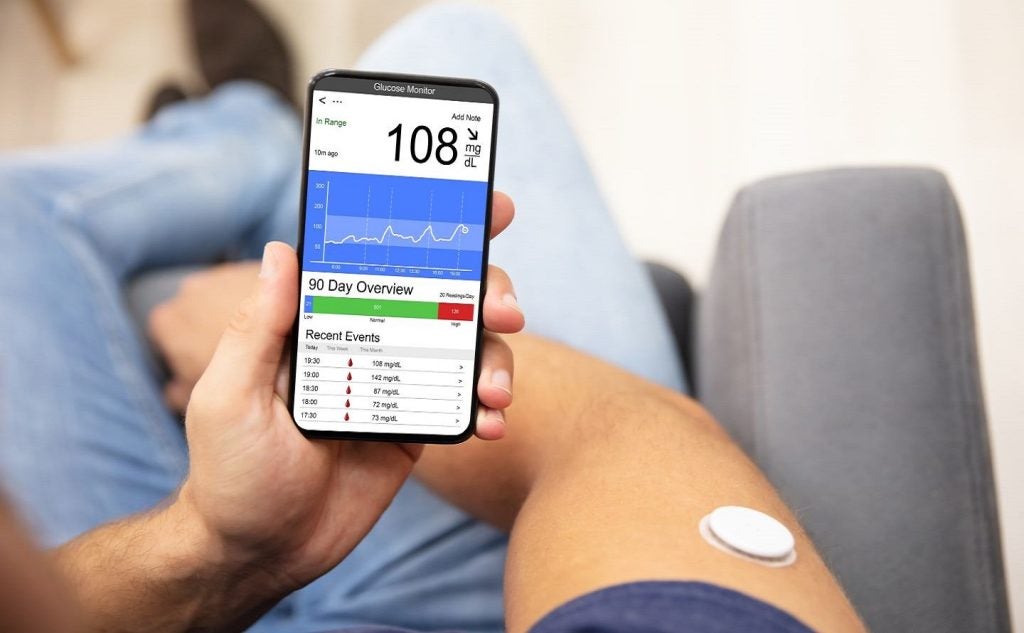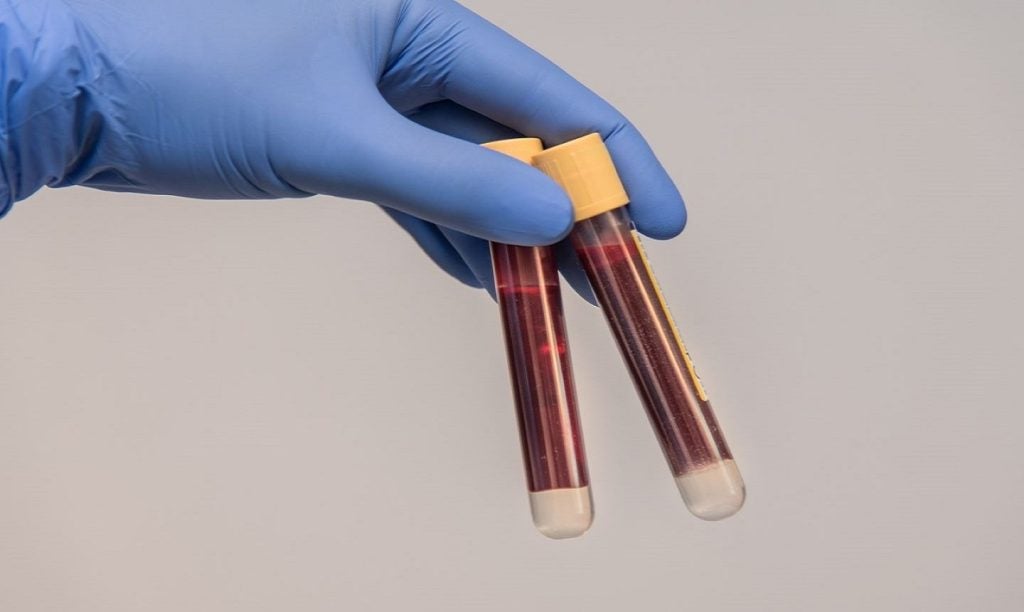It’s a case of déjà vu for Getinge and its Cardiosave Intra-Aortic Balloon Pumps (IABPs), after the US Food and Drug Administration (FDA) tagged another recall of the devices as Class I.
The recall initiated by Getinge and its subsidiary Datascope on 5 June 2023 marks the fifth time this year the FDA has tagged the devices with Class I recall status – meaning serious injuries or death is possible if the IABPs keep being used.
The recall, which involves 4586 devices sold between March 2012 to May 2023, is due to the potential for the devices to shut down unexpectedly, stopping the heart pumping assistance therapy.
There have been 252 complaints relating to this issue, and no reports of injuries or deaths.
Earlier this month, a problem with the power source path via electrical boards was outlined in the FDA alert. This time around, the charging path is to blame. Failures in the printed circuit board assembly mean that if the device shutdowns unexpectedly, the device may lose the ability to charge batteries due to electrical surge damage.
As per the FDA alert, “using an affected pump may cause serious adverse health events, including unstable blood pressure, injury (for example: inadequate blood supply or a vital organ injury), and death.”
A letter was sent to customers on 5 June on how to prevent electrical surges when charging the batteries. Instructions include not removing the battery when at high charge. If removal of the batteries is necessary, the Getinge has issued a step-by-step protocol for safe therapy continuation.
The products, which include the Cardiosave Hybrid and Cardiosave Rescue, are indicated for cardiac and non-cardiac surgery, acute coronary syndrome, or complications of heart failure in adults. They work by inflating and deflating the left ventricle at an assigned rhythm to assist the heart with pumping blood.
The recent Class I recall is just the latest in a long line of issues for the Cardiosave IABPs. The first, in January, involved more than 4,400 devices due to a faulty catheter. There were two more recalls in March and an earlier one this month.
















